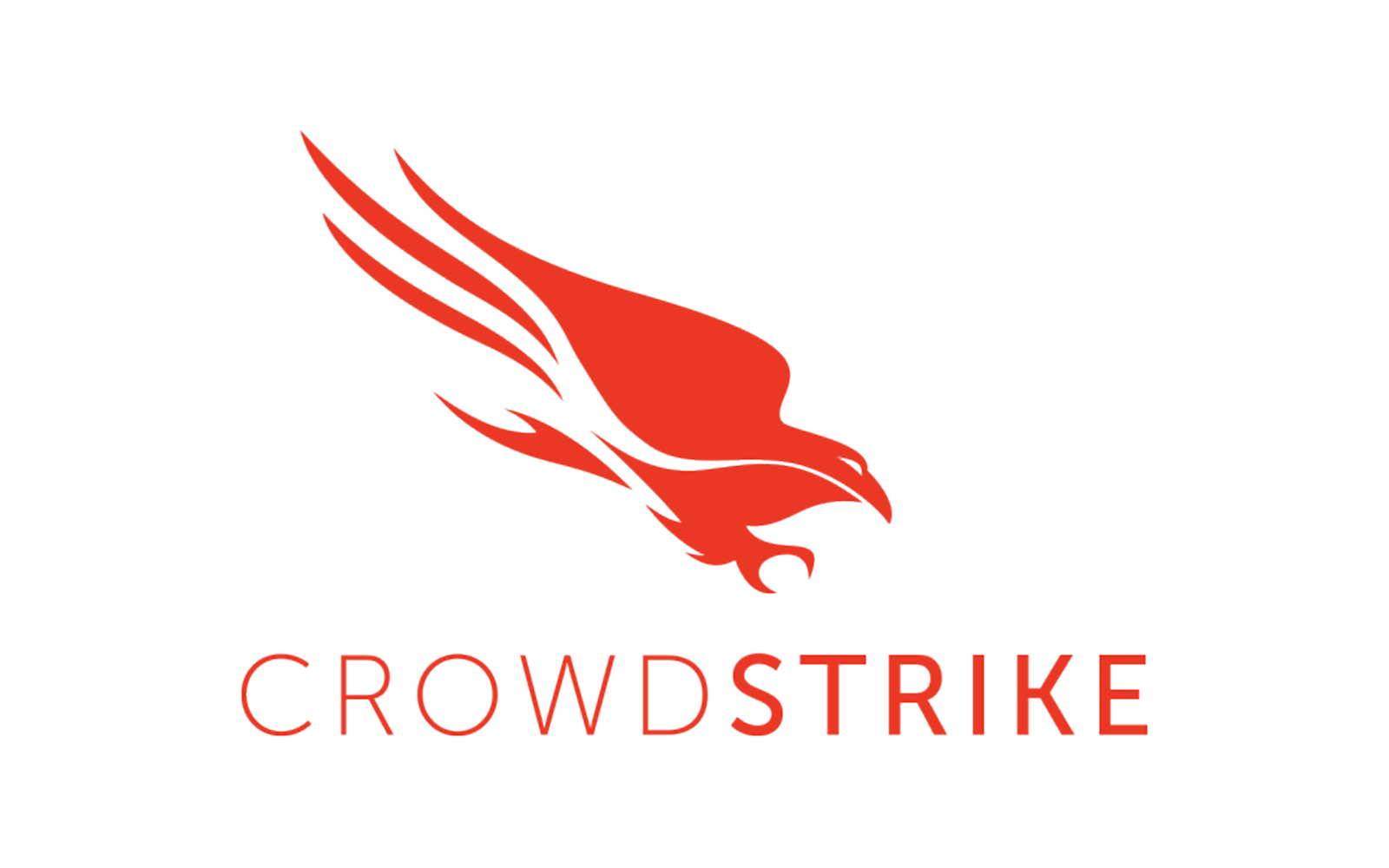
At GlassHouse Systems (GHS), we’ve had the opportunity to compete for numerous managed services contracts over the years. A recurring theme we’ve observed is the significant information asymmetry between vendors and customers during the contracting phase. Some vendors leverage this imbalance to design contracts that appear slightly less expensive but are ultimately riddled with rigid clauses and hidden costs.
This asymmetry—combined with overly precise clauses in statements of work (SOW)—can trap customers into agreements that create friction and lead to frequent Project Change Requests (PCRs). GHS, on the other hand, takes a more transparent, collaborative approach, ensuring clients avoid these pitfalls while getting the long-term value they expect.
The Challenge of Information Asymmetry
In managed services, vendors are often far more experienced than their customers in anticipating the full scope of what will be required over the duration of a multi-year contract. Customers generally focus on immediate needs, unaware of all the permutations and dependencies that could arise over time.
Certain vendors exploit this information asymmetry by designing contracts that:
- Appear Competitive: These contracts are often priced slightly lower than GHS’s, but the difference is typically small—never substantial enough to reflect a meaningful cost advantage.
- Include Rigid, Precise Clauses: The SOW is structured to narrowly define the scope of services, covering only what the customer explicitly requested at the time of signing. As a result, very often, these contracts are much longer than a typical GHS contract.
- Trigger Frequent PCRs: As soon as the customer needs something outside the strict terms of the contract, the vendor imposes a PCR, adding costs and administrative overhead.
This strategy ensures that while the initial contract appears attractive, the total cost over the contract’s lifecycle is significantly higher than anticipated.
The GHS Approach: Fairness, Flexibility, and Transparency
At GHS, we approach managed services contracts with a philosophy rooted in fairness and long-term partnership. We understand that while IT environments are dynamic, customers should not feel penalized for reasonable changes that arise naturally over the course of a contract.
Here’s how our approach differs:
- Collaborative Contracts
We take the time to educate our clients about the full scope of what a managed services agreement entails. Our contracts are designed to anticipate and account for changes, ensuring customers are not blindsided by hidden costs.
- Judicious Use of PCRs
While major events or substantial scope changes do require adjustments, we believe these should be addressed collaboratively. At GHS, a customer-initiated change triggers a discussion first, not an immediate PCR. We evaluate the situation together, ensuring any adjustments are fair and justified.
- A Focus on Value
Our contracts may not always have the lowest upfront price, but they are built to provide total cost transparency throughout the contract’s lifecycle. Thus, clients avoid the ballooning costs associated with PCR-heavy agreements, gaining predictability and peace of mind.
The Importance of Fairness in a Dynamic IT Environment
Cloud environments and managed services are inherently dynamic. IT needs evolve over time due to factors such as workload growth, new applications, or changes in business priorities. Contracts that fail to accommodate these changes can result in:
- Frustration: Customers feel trapped when faced with constant PCRs.
- Delays: The approval process for even minor adjustments disrupts business operations.
- Unexpected Costs: Additional fees quickly erode any initial savings.
GHS avoids these pitfalls by designing agreements that are flexible and aligned with real-world demands while also ensuring fairness for both parties.
Why GHS Stands Apart
- Deep Expertise
We leverage decades of experience to craft contracts that balance the customer’s current needs with the inevitability of future changes. - Transparent Pricing
Our pricing reflects the full scope of services required over the life of the contract. While it may be slightly higher upfront, it avoids the hidden costs that plague rigid agreements. - Commitment to Partnership
We don’t see clients as transactions; we see them as partners. This means fostering open communication and trust, ensuring customers feel supported throughout the contract.
A Message to Executives: Avoid the Hidden Costs of Information Asymmetry
Managed services contracts are more than just a cost decision—they’re a strategic commitment. GHS understands the complexities of these agreements and ensures that customers avoid the traps of information asymmetry and rigid contracts.
By choosing GHS, you gain a partner who prioritizes your success, ensures fairness, and delivers predictable long-term value. Let us show you the difference that true transparency and expertise can make.
Related articles that might interest you:








.png)


-1.png)

-1.png)


.png)